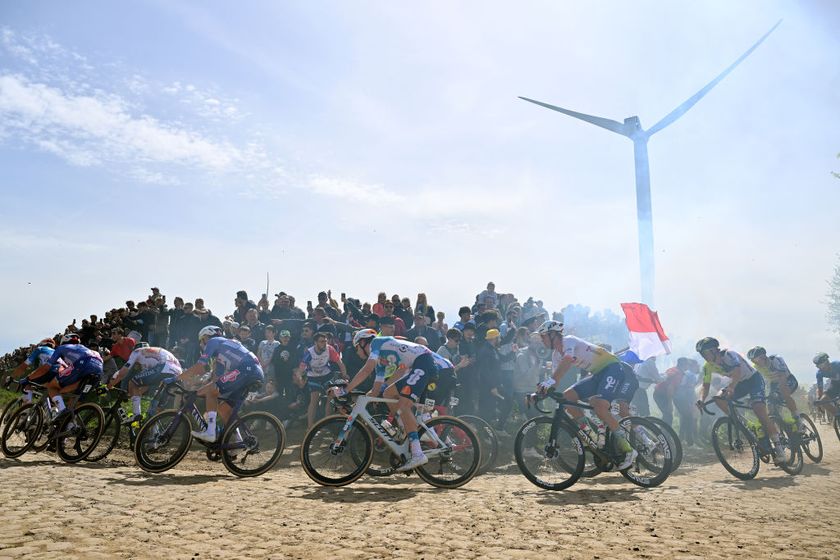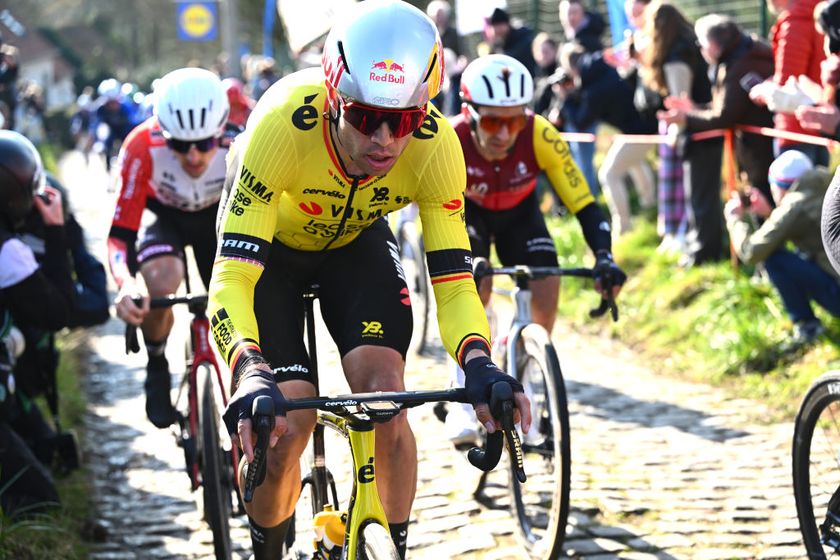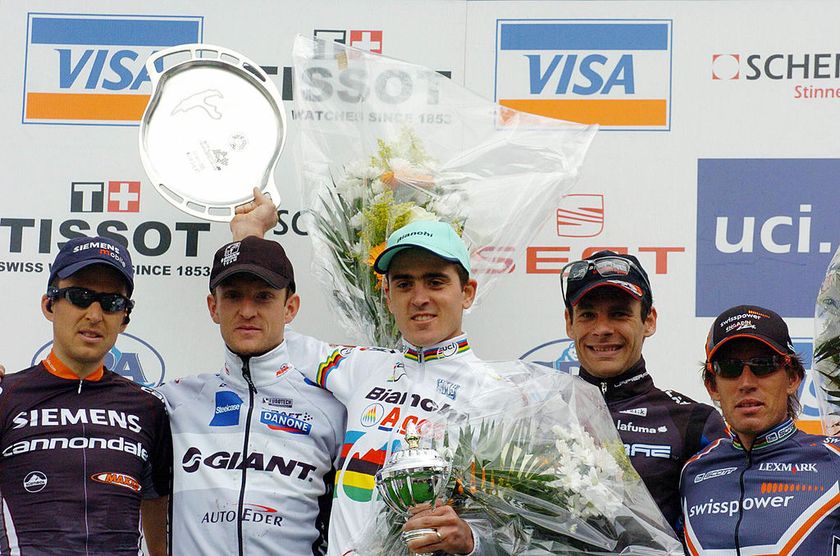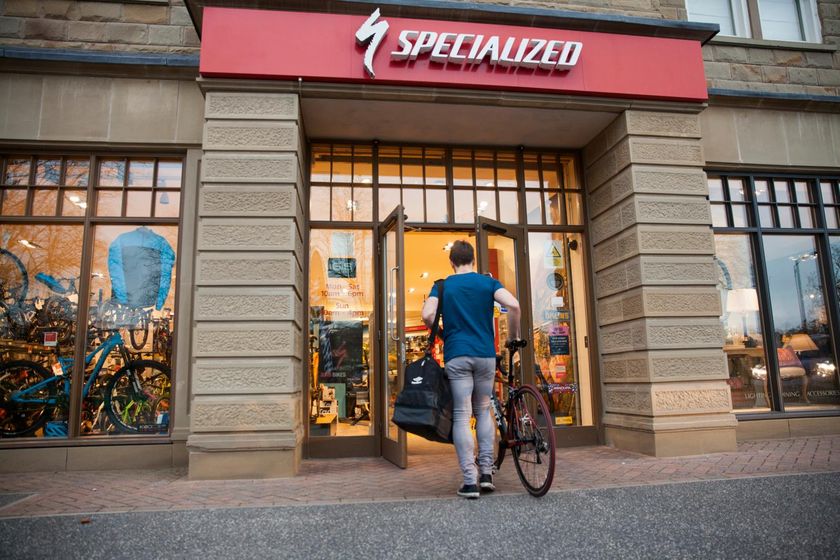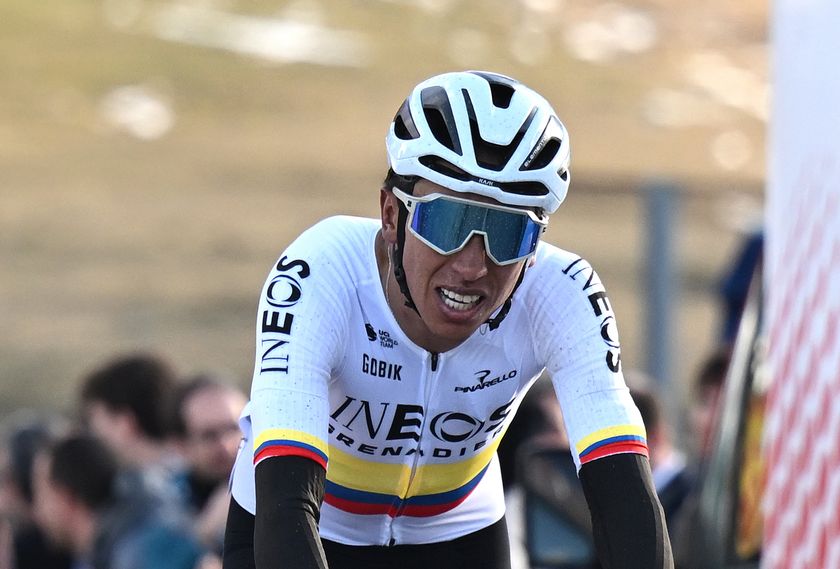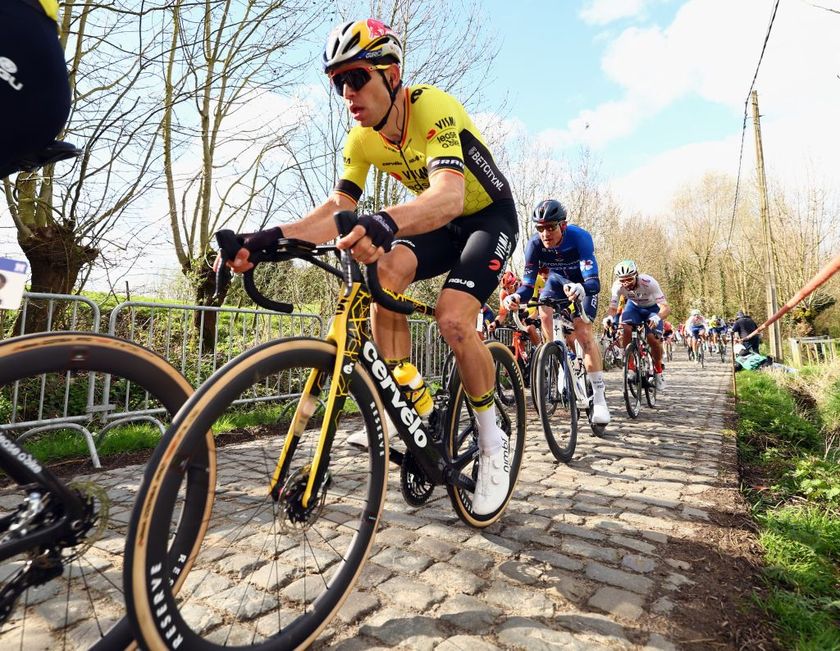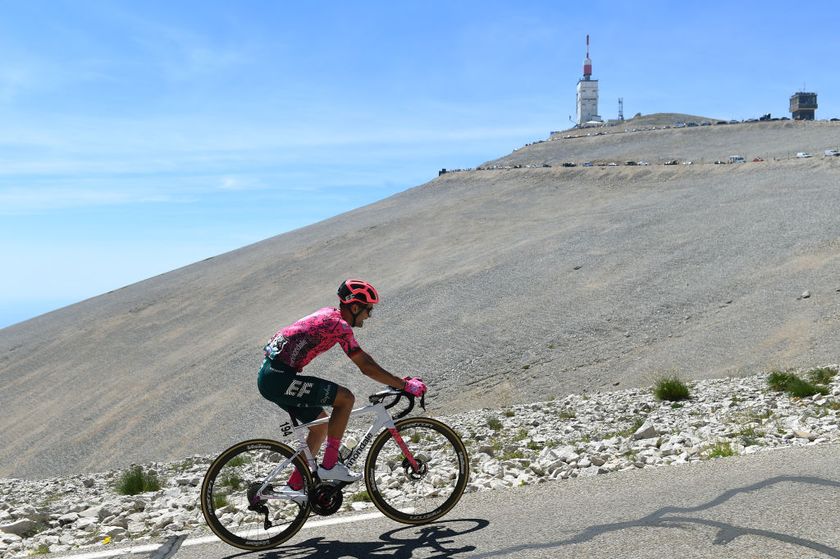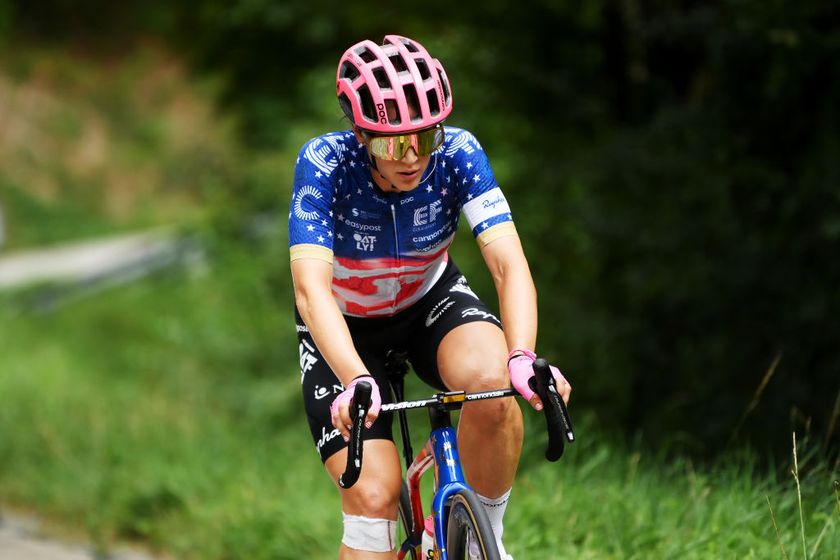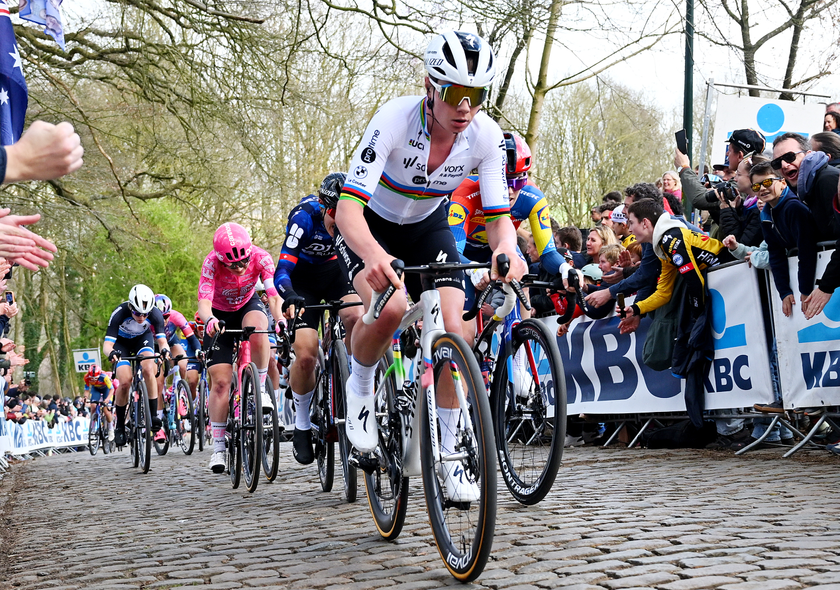Improved EPO test set to deter micro dosing at the Tour de France
French police and AFLD again join forces with the UCI’s Cycling Anti-Doping Foundation
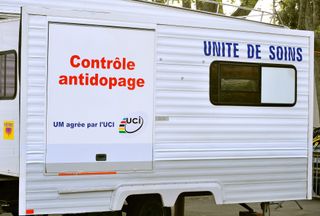
The anti-doping controls at the Tour de France will again be carried out by French Anti-Doping Agency (AFLD) as part of a special agreement with the UCI, with the French reportedly using an enhanced EPO test to detect and deter the use of micro-doses of EPO.
According to French newspaper L’Equipe, the French Châtenay-Malabry anti-doping laboratory has recently published a report on its progress to improve the detection of micro does of EPO. Following the approval of specific French law in France, WADA regulated night-time testing can also be carried when specific information and suspicion justifies waking athletes in the middle of the night.
There have been suggestions that some athletes may try to take micro does of just 500 units of EPO late at night, believing that the blood boosting drug will have cleared their system before a possible early-morning test. The AFLD hopes it has closed that window of opportunity by improving the testing method, even when athletes dilute their blood to try to trick the tests results.
Specialist French police from the Office for Combatting Damage to the Environment and Public (OCLAESP) will also work with the AFLD and the UCI, providing intelligence and police powers.
The Tour de France anti-doping programme began several weeks ago with riders tested while training and racing. L’Equipe suggests that 50 tests were done as riders studied key stages of this year’s Tour de France in recent weeks. Riders are also regularly controlled as part of the UCI’s Biological Passport scheme. Pre-race blood tests will also be carried on every one of the 198 riders in this year’s race.
Samples collected will also be stored for possible future testing when further techniques re developed.
“Our testing program in 2016 continues to focus on a qualitative approach rather than quantitative. The anti-doping program in place for this year’s Tour de France contains all the necessary elements to achieve all our goals in the fight against doping and to conserve a high level of ethics in this wonderful sport,” Francesca Rossi, the director of the UCI’s Cycling Anti-Doping Foundation said in a statement.
Get The Leadout Newsletter
The latest race content, interviews, features, reviews and expert buying guides, direct to your inbox!
The UCI and French anti-doping authorities have often clashed in the past about the way controls are done and who is responsible for the testing but their relationship has improved in recent years.
“At a time when the efficiency of the fight against doping is occasionally subject to controversy, it is essential that cooperation between the AFLD and the CADF continues for an event of the importance of the Tour de France,” Bruno Genevois, the President of the AFLD said in the UCI Anti-Doping Foundation statement.

Stephen is one of the most experienced member of the Cyclingnews team, having reported on professional cycling since 1994. He has been Head of News at Cyclingnews since 2022, before which he held the position of European editor since 2012 and previously worked for Reuters, Shift Active Media, and CyclingWeekly, among other publications.
